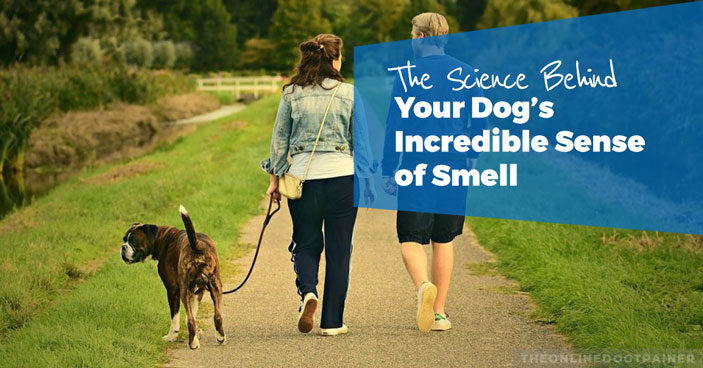
Do you ever wonder why your dog’s nose is always running a mile a minute?
The answer is simple: A dog’s sense of smell is his most powerful sense.
A dog can use his nose to sniff out food, his friends, and danger from miles away. So, even when we can’t smell anything around, it’s possible that your pup is in the middle of smelling something amazing!
While it’s common knowledge that dogs can smell really well, the science behind why they can smell for miles or what they use their sense of smell for isn’t always discussed.
Today, I thought it would be fun to talk about the science AND instinctual behavior behind why dogs are always smelling stuff.
But first let me point out that, if you’re struggling with a hyper-obsessive sniffer who can’t calm down and you haven’t put my foundation program The Dog Calming Code in place yet, then that is the first thing you should do after reading this.
(Or, if you have a puppy my Puppy Coach training program might be a good place to start!)
It’s sure to be the simplest way to calm your dog’s obsessive sniffing!
Okay…let’s get started…
Why Dogs Have an Incredible Sense of Smell
Dogs have relied on their noses for centuries to sniff out water, food, and predators.
Therefore, from a biological standpoint, it makes sense that a dog's nose would be designed to be far more powerful than a human nose.
But, how much more powerful?
The Marcach Road Animal Hospital tells us that…
“While humans possess only about 6 million smell receptors, our canine friends can have up to 300 million. But, that’s not the only difference. The part of the brain dedicated to processing smells is also 40 percent larger in a canine than in a human brain.”
That’s not the only unique thing about a dog's nose though.
Many people don’t know that dogs actually have an extra organ that humans don’t.
It’s called the Jacobson’s organ.
According to Cuteness.com…
“The Jacobson’s organ is located at the bottom of the dog's nasal passage and allows dogs to pick up on pheromones—important chemical cues all animals produce that signal messages to one another, like mating readiness.”
The Jacobson's organ is also important for dogs recognizing the scent of other dogs in their pack or puppies locating a nipple to nurse. If a dog is trying to get more scent to his Jacobson's organ, he may pull back his upper lip and rear back his head — called the “flehmen” reaction.”
How Dogs Use Their Noses
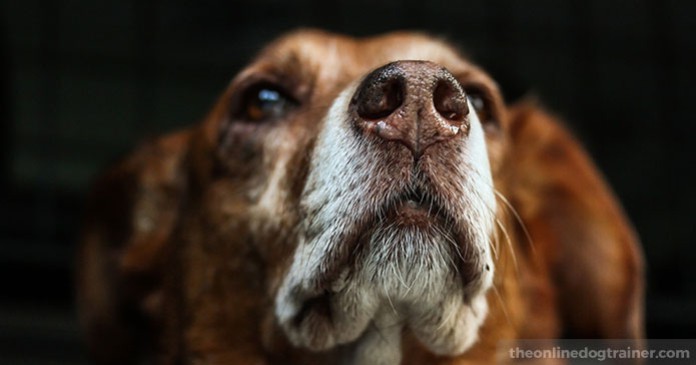
By now you understand the science behind why dogs can smell so well—and for good reason.
Without a powerful nose, it would be hard for dogs to find meals and protect themselves in the wild.
That being said, most pet dogs don’t need to resort to using their nose to sniff out their next meal.
For that reason, we thought it would be fun to take a look at how dogs use their nose and explain why dogs seem to enjoy smelling funny things like trash and butts.
Let’s start with a common one that grosses a lot of people out…butts.
Why Dogs Sniff Butts
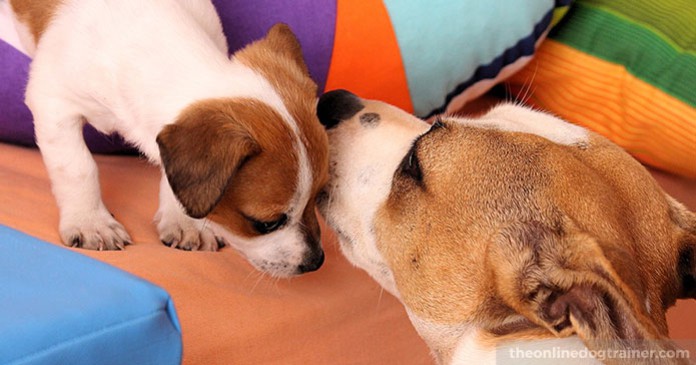
As humans, a friendly handshake or a hug is the politest way to greet a new (or old) friend.
For a dog, the go-to “nice to meet you” greeting is butt sniffing.
As humans, we find this strange or amusing and often try to pull our dogs away from each other when this type of greeting occurs.
But, a formal butt sniffing is actually really important for dogs.
Mentalfloss.com tells us that…
“When one dog greets another with a nose in the derrière, it’s basically getting a brief biography of its new friend, written in scent molecules and pheromones.
To the sides of a dog’s butt are pouches called anal sacs; these contain glands which secrete chemicals that can tell a sniffer a lot of information about their owner, like gender, reproductive status, and clues about its health, diet, and even emotional state.
It may seem like a strange way to go about it, but butt sniffing is just the canine version of shaking hands and introducing yourself.”
The next time you’re out and about with your dog and he tries to “greet” a friend, let him do so. It’s a very important part of a dog's social greeting.
Why Dogs Love the Smell of Trash and Rotting Materials
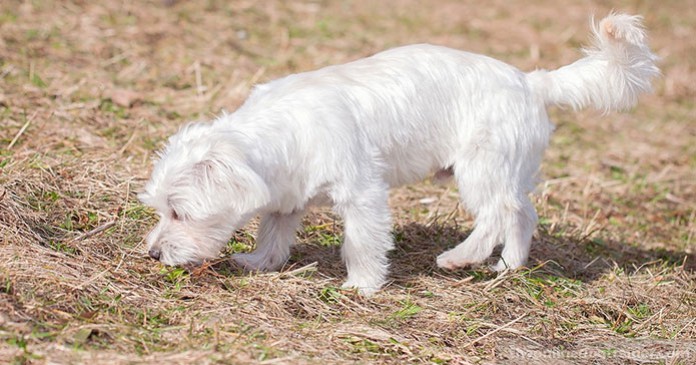
Because a dog's nose is so powerful, you’d think your canine companion would stay far away from odors such as trash or decomposing dead animals.
Yet, the exact opposite is true.
Just think about how many times your dog has gotten into your trash bin. Or, how many times Fido has stopped your walk in the park to roll over a dead frog or something else stinky.
So, why do dogs do this?
Psychology Today has some great insights as to why dogs do this. Here’s what they had to say…
“Since the wild ancestors of dogs were not only hunters but also scavengers, much of the stuff that they are rolling in could still possibly be edible.
The notion then is that the wild canine rolls in this material and then returns to the pack. The other members of his group immediately pick up this scent and know that there is something which can pass for food nearby.
Another theory suggests that the dog is not trying to pick up odors from the stinking mess it rolls in, but is actually trying to cover that smell with their own scent.
It is certainly true that dogs and wolves will often roll around on something, like a stick, a new dog bed or such, as if they were trying to deposit their scent on it.
Some psychologists have suggested that dogs often rub against people to leave a trace of their scent and to mark the individual as a member of the pack, much the way that cats rub up against people to mark them with their odors.”
We still don’t 100% know why this is true. But, I would imagine the behavior is derived from a handful of different safety or pack-related habits.
Why Dogs Are Constantly Smelling Their Owners
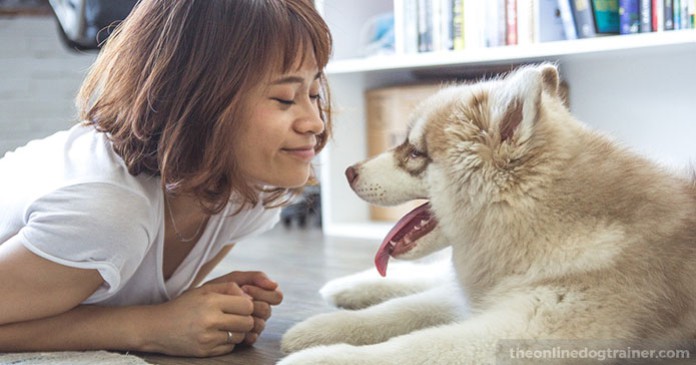
Last but not least, I want to talk about why your dog may often give you a sniff.
First and foremost, you’re a part of your dog's pack. For this reason, it’s important that your dog has your scent in the event that something would happen to you.
Smell is very important for identification. In fact, a blind dog can easily identify who different people are through the sense of smell.
Aside from identification, we’ve discovered in the last few decades how much dogs use their sense of smell to gauge health.
For example, a dog can smell bacteria.
In the wild, dogs can tell who is healthy and who is unwell in the pack by simply sniffing each other.
This process helps with the pecking order as weaker, older, and sicker dogs are usually kept in the middle of the pack while in transit.
Today, we can use this powerful instinct to train dogs to sniff health issues in humans, such as…
- Cancer cells
- Low blood sugar levels
- Diabetes
- Chemical changes that cause seizures
- Infections
- And more!
Dogs are amazing animals, and with super-powered noses, they’ve been helping us save lives—whether it be in hospitals or on the battlefield—for many years.
The good news—we can use a dog's sense of smell to help them enjoy life and relax too.
In fact, if you have a dog that’s always anxious or stressed out, essential oils can be used to help him safely and naturally relax and unwind.
(Just remember to check out my foundation program The Dog Calming Code OR my Puppy Coach training program for puppies before you do anything else.)
So, if you’re interested in learning how to use smell to settle down an anxious or stressed-out dog, I encourage you to download my FREE guide to 3 Smells That Naturally Calm and Relax Dogs.
In this guide, I’ll share 3 essential oils that have been proven to calm dogs as well as info on how to safely diffuse these oils in your home.
You may also find the oils calm you down, which, in return, will relax your dog!
Cheers,

~Doggy Dan 🙂


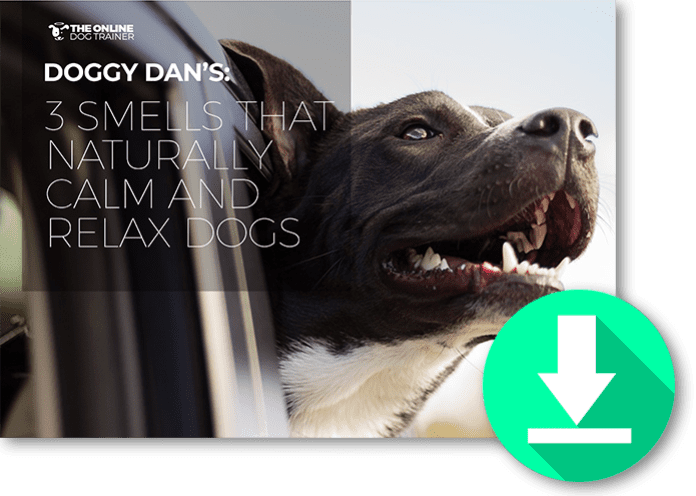
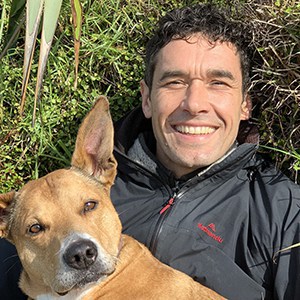
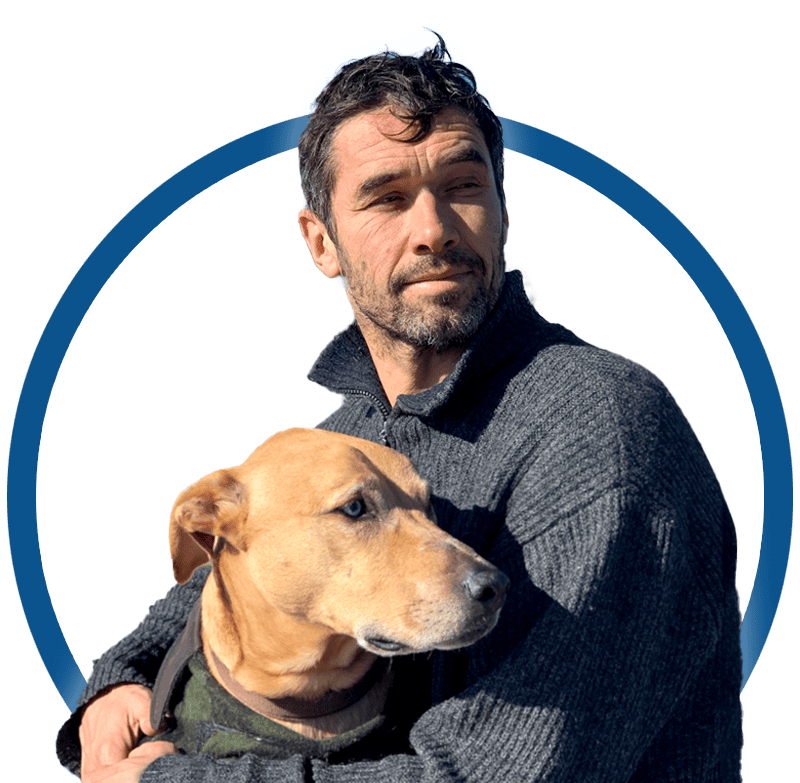


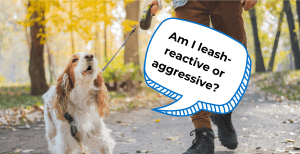
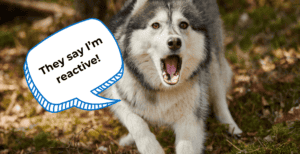
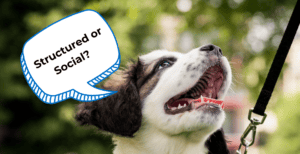
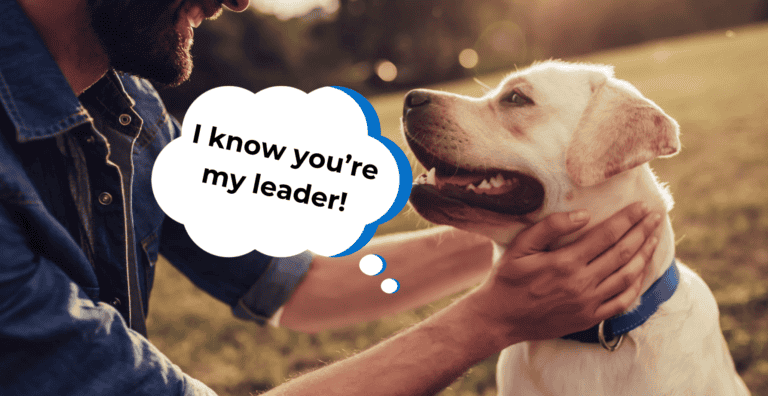
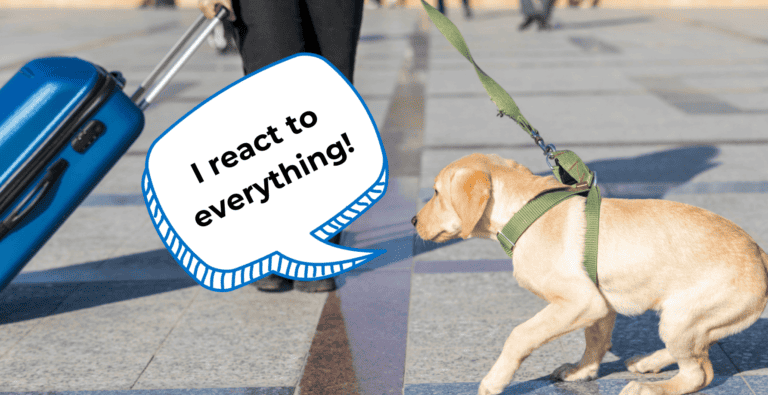
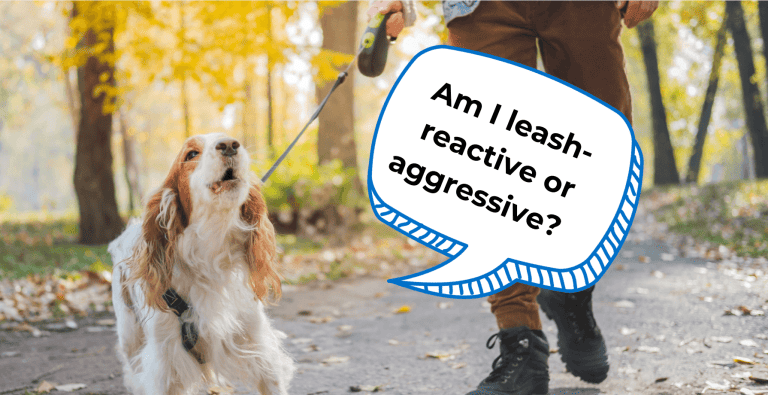

6 Responses
Hello Doggy Dan.
Thanks for helping me raise my (now 10 month old) toy poodle. Our life wouldn’t be the same without you … hahah!!
Suki loves eating mud and won’t let a good hole go to waste. She follows this with a second course of sticks of any sort. This really worries me. Is there anything I can do to stop her?
BTW: Pumpkin (cooked) is a terrific remedy for dogs eating poop.
Thanks
Sometimes this is diet related. Check out my podcast show about raw feeding. Dr Susan Thixon is a great place to start
How do you stop a dog from eating other dogs and animals poop
Hi,
There are a few reasons that dogs eat their own and other animals poo. Believe it or not they may derive some nutritional benefit from eating poo, and it can be a sign that they have a deficiency in their own diet. Some dog also just really like eating poo! Unfortunately, there’s not much you can do to curb this behavior aside from keeping your dog away from other animal droppings. Although one very popular tip is to feed your dog a little bit of pineapple! Yep, that’s right. A bit of pineapple may do the trick in stopping them from eating their own faeces. Best, Doggy Dan
Hi Dan, I found your site because someone posted your harmonium video on a dog group I belong to. I love your site. One comment though on the article about “Why dogs sniff that?” is that you mention using essential oils with dogs. You do not specify in the article that many essential oils are toxic to dogs (and cats), and that people need to learn exactly which oils are safe. Someone who doesn’t know that or take the time to do their research first may inadvertently poison their animal thinking that all essential oils are safe based on that comment. It might be helpful to let people know that many oils are quite toxic to dogs and cats. Thanks and have a blessed day.
Thanks Renee, this is a really good point! Knowing which foods, plants, chemicals (etc) may be harmful for our pets is very important…essential oils included. The internet is such a helpful tool in this area and a quick search will allow owners to discover if the essential oil they are using may be a problem for their dog..or cat! Best, Doggy Dan